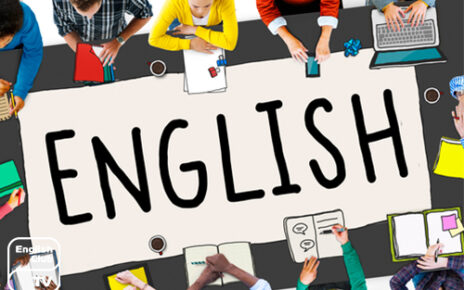As we hurtle towards a future dominated by artificial intelligence (AI), it’s imperative that our education systems adapt to prepare students for the challenges and opportunities that lie ahead. In a world where AI influences every aspect of our lives, from personalized learning to automated factories, ensuring students possess critical thinking skills and ethical understanding is paramount.
Enhancing Critical Thinking
Critical thinking lies at the heart of effective problem-solving and innovation. In an AI-dominated landscape, where algorithms increasingly shape our lives, the ability to think critically becomes indispensable. Schools must prioritize teaching students how to analyze information critically, question assumptions, and evaluate the implications of AI advancements.
Equip students to recognize AI’s role in their lives, whether in social media algorithms or personalized recommendations. Help them understand the potential biases and limitations of AI systems, prompting them to address AI outcomes and make informed decisions. By integrating interdisciplinary learning experiences that explore the societal, ethical, and economic impacts of AI, education systems can empower students to navigate an AI-driven future.
Building an Ethical Compass
Ethics and accountability are significant concerns as AI technologies proliferate across various industries. Education systems play a crucial role in fostering ethical awareness and responsible AI use among students.
Also Read: Deloitte’s Analysis of 2024 Higher Education Trends
Encourage empathy and social responsibility. Students should recognize the broader cultural implications of AI technologies and consider the diverse perspectives of those affected by AI-driven decisions. By cultivating empathy, educators can instill a sense of ethical responsibility and encourage students to advocate for equitable AI policies and practices.
Preparing students for an AI-driven world requires education systems to provide them with critical thinking skills and ethical understanding to navigate the complexities of an AI-powered future. As projections indicate the increasing integration of AI in educational contexts, schools must prioritize interdisciplinary learning, project-based approaches, and community engagement initiatives to empower students effectively.
Collaborative and Experiential Learning
Beyond traditional classrooms, fostering responsible AI citizens demands a comprehensive approach: a blend of interdisciplinary learning, hands-on projects, and active community engagement. Bridging the gap between STEM and humanities, interdisciplinary collaborations offer students a rich tapestry of knowledge.
They delve into the technical depths of AI while exploring its broader societal, ethical, and philosophical implications. This nuanced understanding forms the foundation for responsible engagement with AI. Imagine students not only learning about AI but also actively shaping it through hands-on projects.
Also Read: Scholarships for International Education Explained
By integrating critical thinking and ethical understanding into engaging and interdisciplinary learning experiences, we empower students to become discerning consumers, responsible users, and ethical developers of AI technologies. This journey towards an AI-positive future begins with education, and the time to act is now.






One thought on “Navigating an AI-Driven Future: Equipping Students for Success”